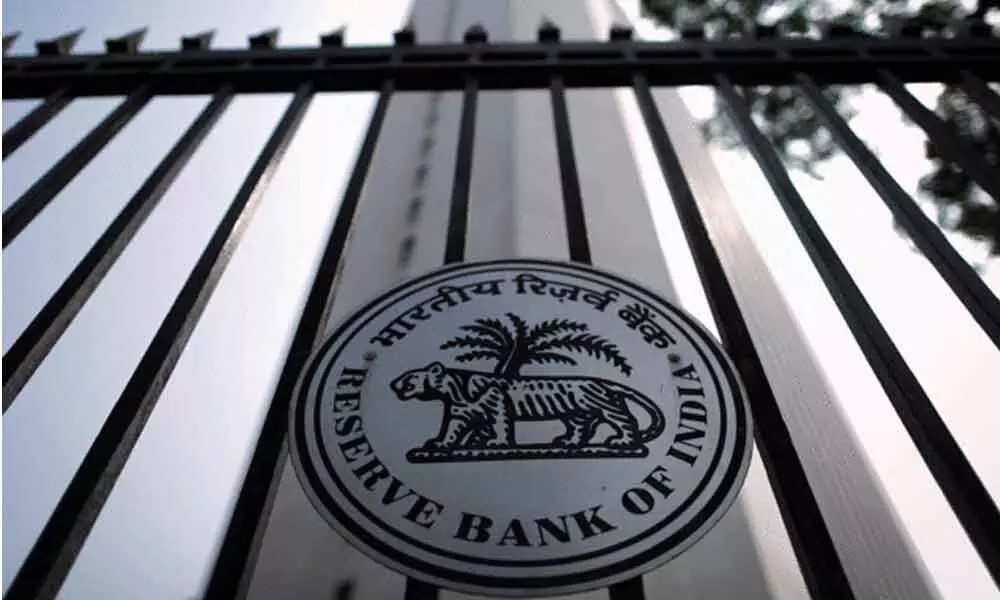Will primary gilt market catch fancy of retail investors?
Encouraging retail participation in the Government securities market has been a focus area of the Government and RBI recently.
image for illustrative purpose

Encouraging retail participation in the Government securities market has been a focus area of the Government and RBI recently. Keeping it in view, a host of initiatives like introduction of non-competitive bidding in primary auctions, permitting stock exchanges to act as aggregators/facilitators for retail investors and allowing odd-lot segment in the NDS-OM secondary market have already been taken in the past.
It was in this context that apex bank, in its recent bimonthly review of annual monetary policy, decided to provide retail investors online trading access to the government primary securities market along with the facility to open their gilt securities account on the portal (i.e.'Retail Direct', with the RBI). The idea is to increase retail participation in gilt market, which is normally flooded by institutional investors. Still, lots of confusions persist about its modalities. Normally, government securities have sizes over Rs 1 crore something that warrants further simplification to ensure retail participation. RBI is currently working out on the details of the facility to be issued separately. Again, debt mutual funds, ETFs and fixed deposits continued to be better options for retail investors. How far gilt is marketable to allure them is yet to be seen. If it works out well, then it will potentially help increase the financial savings to 21.4 per cent of GDP for FY21 from merely 7.9 per cent in Q1FY20.
In order to incentivise new credit flow to MSME borrowers, SCBs will be allowed to deduct credit disbursed to 'New MSME borrowers' from their NDTL for calculation of the CRR. For the purpose of this exemption, 'New MSME borrowers' shall be defined as those MSME borrowers who have not availed any credit facilities from the banking system as on January 1.
The exemption will be available only for exposures up to Rs 25 lakh per borrower (for credit extended up to the fortnight ending October 1, 2021. Besides, the exemption will be applied for a period of one year from the date of origination of the loan or the tenure of the loan, whichever is earlier. Still, it will provide a cushion to the lenders to increase their advance books, rather than parking their idle money with the RBI. More credit disbursement will mean more economic activity which will ultimately help grow country's economy.

